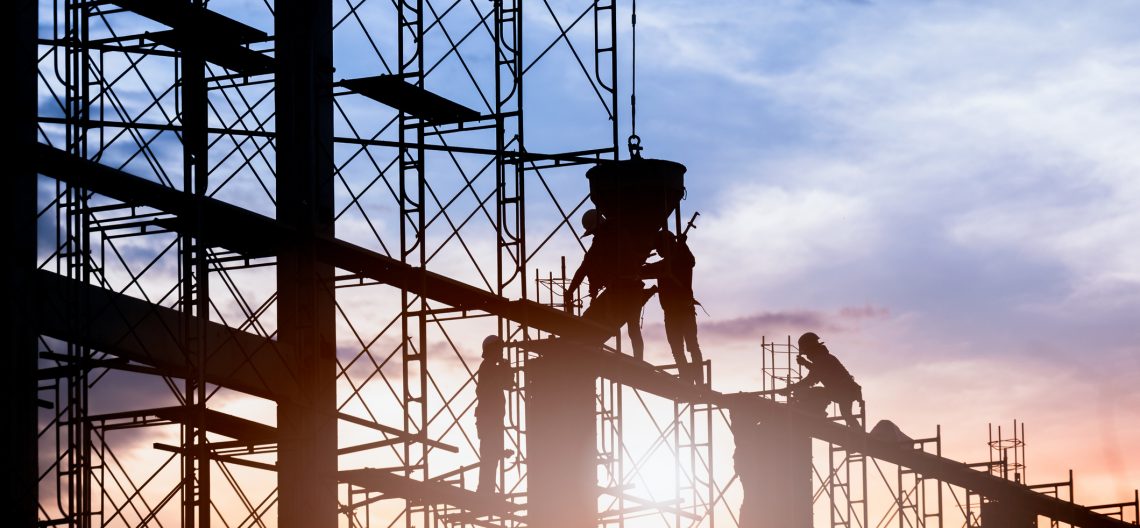
For the last decade, Texas has led the nation in having the highest number of worker deaths. These devastating statistics show the seriousness of the problem and the need for universal change in Texas jobsites.
Texas Worker Fatality Statistics
In 2017, a Texas worker died while working every 16 hours. Additionally, Texas had the highest worker fatality rate per capita in 2017 among the ten states in the United States with the highest population. 2016 and 2017 had some of the highest rates of worker fatalities in Texas during the last two decades. The Houston metro area typically has a greater number of worker fatalities than the Los Angeles and Chicago metro cities combined, which are two cities that have a greater population than Houston.
During the 1990s, California typically had the greatest number of worker fatalities. However, Texas had a 30-percent higher fatality rate than California, even though it has a population of 11 million more individuals.
Common causes of death included:
- Electrocution
- Asphyxiation
- Falls from heights
- Exposure to toxins
- Equipment malfunctions
- Heat stroke
- Motor vehicle accidents
Grim Report on the State of Employment in Texas
The organization Fe y Justicia Worker Center released a report on May 1, 2019 regarding the labor outlook in Texas. Workers reported $1.36 million in wage theft from Texas employers to the Houston-based center from February 2018 to March 2019. Additionally, workers have reported various safety and health violations to the center, including amputations caused by flesh-eating bacteria in the workplace and a lack of restroom breaks.
Reasons for Worker Deaths in Texas
Many of the ways that workers die on the job in Texas, such as falls from roofs, asphyxia and dying in trenches are preventable and people know how to prevent them. However, critics believe that employers in Texas are not being held liable for the deaths of their workers. They point to employer-friendly policies that do not protect workers.
For example, Texas employers are not obligated to give workers regular rest breaks, including during the hottest months of the year. While Austin and Dallas passed local laws that require breaks for construction workers, all other cities in Texas do not have this mandate. Additionally, Texas does not require private employers to maintain workers’ compensation insurance. Furthermore, Texas does not have a state occupational safety inspection agency. Lastly, only three states in the country have a lower rate of union representation than Texas.
Some stakeholders point to a lack of data and the need to extrapolate it in order to better understand worker fatalities in the state. For example, motor vehicle accidents are the leading cause of worker deaths in the United States and accident reports lack important details, such as what type of vehicle is involved in the accident and where the collisions occurred.
Help for Injured Workers and their Families
When a worker is injured, he or she can file a workers’ compensation claim to receive benefits to replace income and pay for necessary medical expenses stemming from the accident. If the worker is killed on the job, the surviving family can pursue compensation. If the employer does not have workers’ compensation, you can pursue compensation through a wrongful death lawsuit. Our experienced workers’ compensation and personal injury lawyers can discuss your option during a free consultation.
